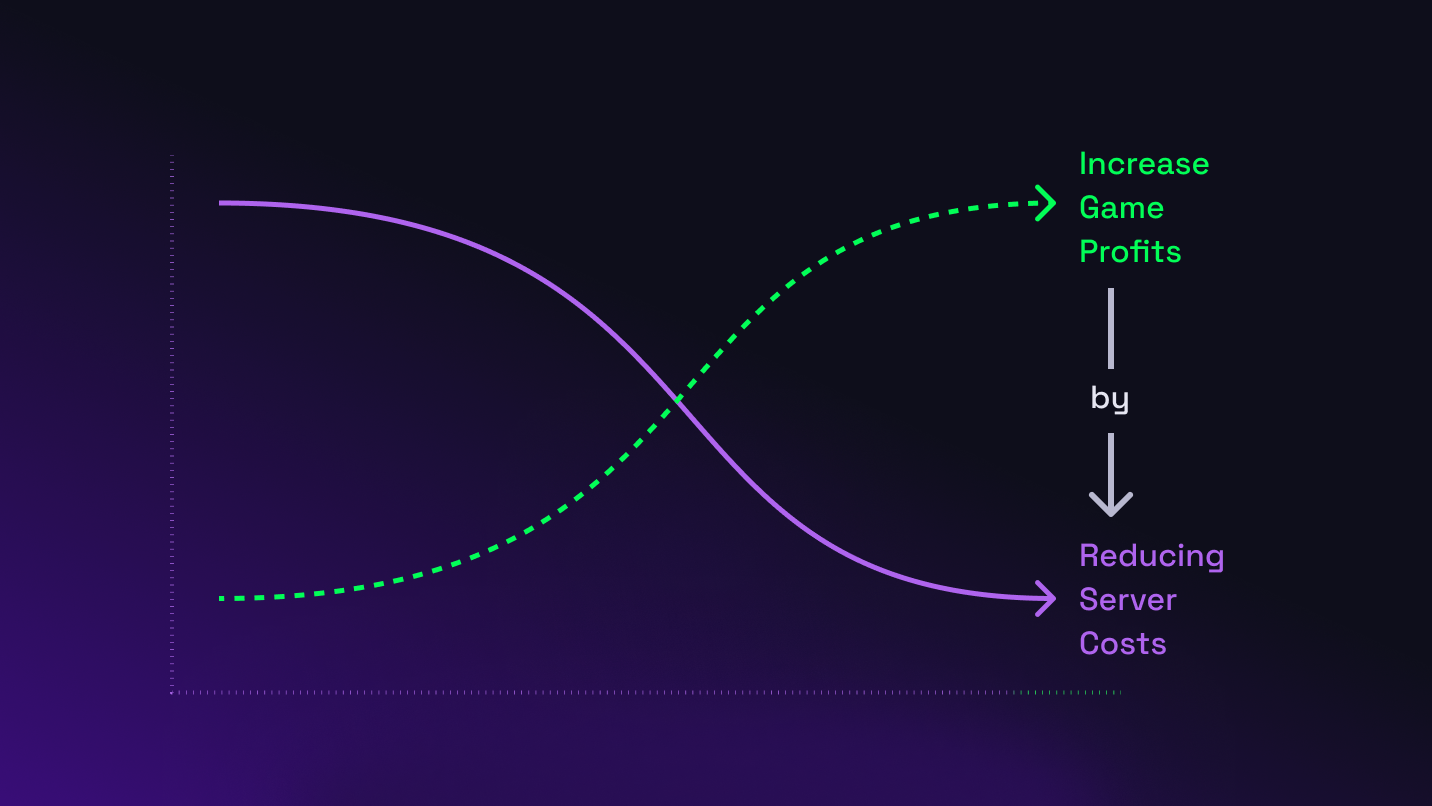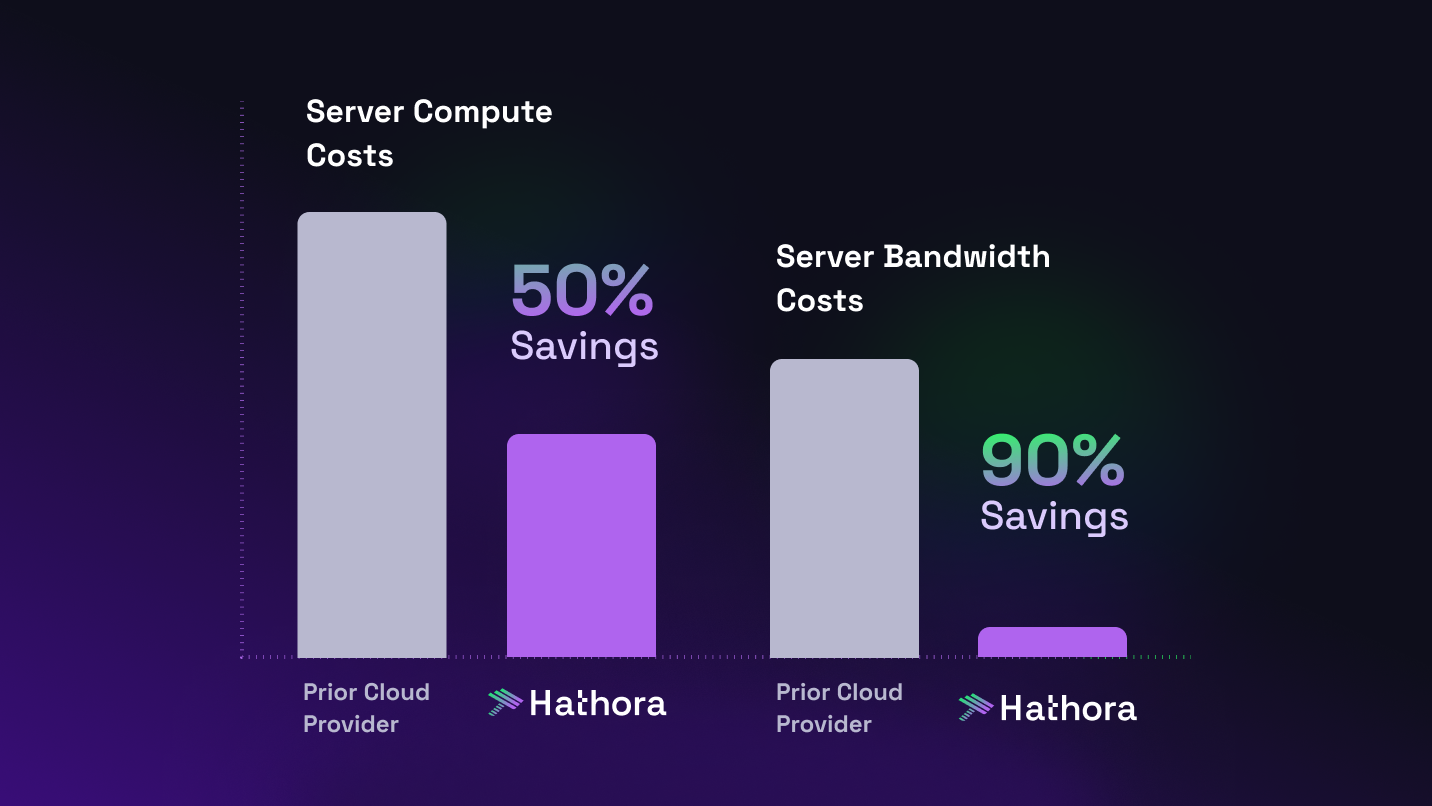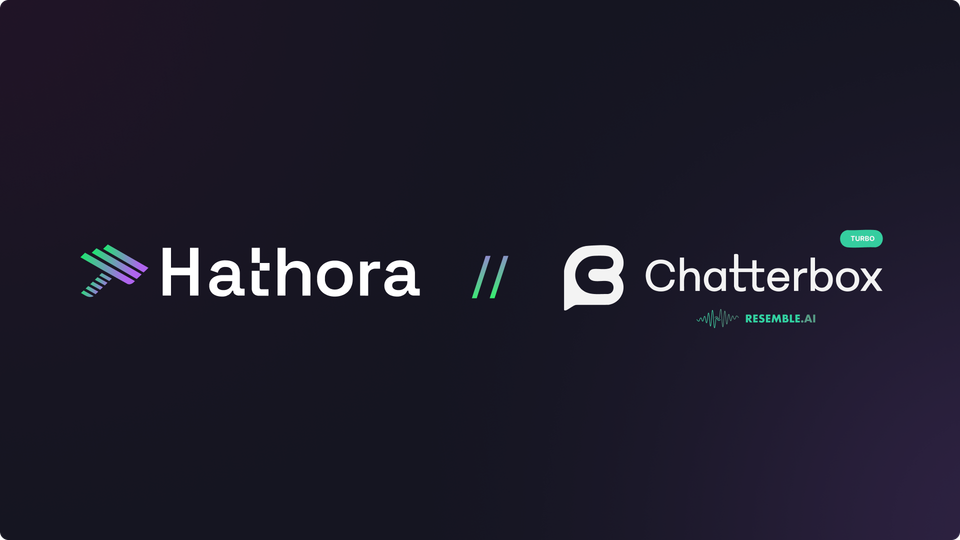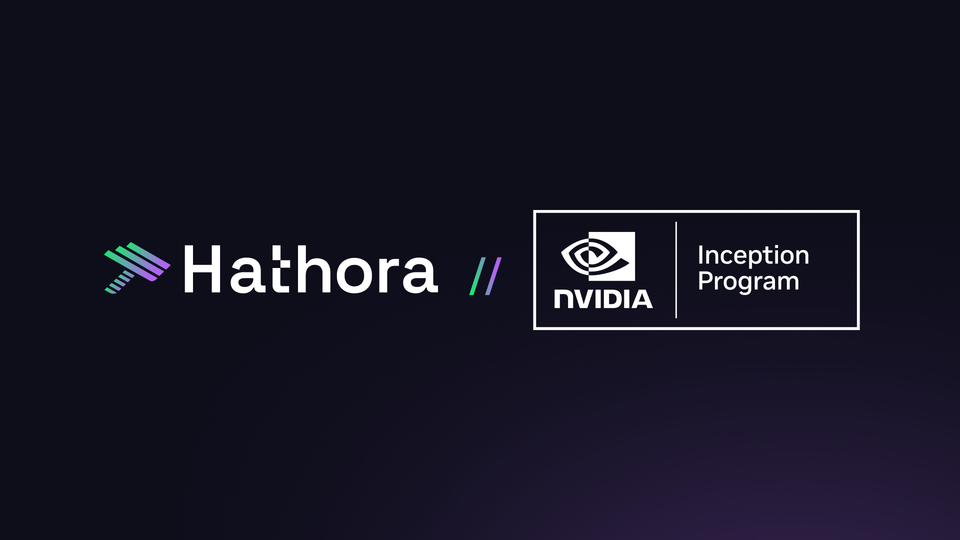Building a sustainable live-service game: Why Omeda Studios migrated to Hathora

Omeda Studios’ Predecessor is a competitive MOBA game that combines traditional MOBA mechanics with stunning, third-person action gameplay. Predecessor was created by Omeda’s founders Robbie Singh, Andrea Garella, and Steven Meilleur, who were all fans of Paragon, Epic’s MOBA game that shutdown in 2018 and inspired Predecessor's creation.
After years of development and over a year of Early Access, Predecessor successfully launched in August 2024 on PC and consoles.
Post-launch optimization
Once the dust settled after launch (and after the team got some much needed rest), Omeda's team was able to turn their attention towards preparing their game to be better situated for further scale.
They had originally launched with a popular cloud hosting platform as their server hosting provider and their server hosting bill was undoubtedly the least cost-efficient operating expense for their game. With their priority on cost optimization growing, Omeda refocused toward finding a new server hosting partner.
Our game server hosting costs were by far the largest single infrastructure expense for our studio.
- Steven Meilleur, Omeda’s co-founder and CTO
Multiplayer games are notoriously complicated to operate sustainably, as games often generate most of their revenue with launches, but the cost per player for multiplayer games is spread across all their active playing time. There is a direct correlation between cost-efficient server hosting and financial sustainability for multiplayer games.
For popular multiplayer games like Predecessor (with hundreds of thousands of active players), server costs can quickly become unviable when relying solely on cloud hosting. Both compute and bandwidth are largely overpriced when compared to non-cloud providers.
Platforms like Hathora, offer a cost-optimized hybrid blend of bare metal servers with cloud burst for player spikes.

The search for something better
The Omeda team had first met the Hathora team in early 2024, but they didn’t have enough time to realistically consider migrating prior to their launch. But after their launch, they had more capacity and also more motivation to explore further cost savings.
After a pricing estimation call with Hathora, Omeda’s team was impressed by the significant cost savings they could achieve by making the switch.
We found that our estimated spend on Hathora was less than half of what we had been paying each month. Comparing bare metal pricing to cloud pricing highlighted a significant cost difference.
- Steven Meilleur (co-founder & CTO)
The pricing estimation involved bare metal capacity for a large majority of expected player traffic, with cloud burst only needed for the few peak hours in each region. In general, Hathora customers see compute savings of nearly 50% on bare metal. Additionally, bandwidth costs are a staggering 90% cheaper.

Migrating to Hathora
In just 3 weeks, Omeda was able to onboard, integrate, and do end-to-end QA testing on Hathora.
Hathora’s team provided direct support throughout the transition, which helped us switch over efficiently.
- Steven Meilleur (co-founder & CTO)
Hathora is a modern server orchestration platform built by developers for developers. This means that integration is done through simple APIs used via well-documented guides and SDKs. Omeda’s developers instantly appreciated the intuitive web console UI and also the speed in which they were able to get their game onboarded.
As a surprising bonus for Omeda, their QA team also easily ramped up on the platform and loved that they could leverage some of Hathora’s flexible features to easily add command line flags to their builds without any developer intervention or code changes needed.
Another major benefit of Hathora, was that Omeda was able to request specific platform changes that were rolled out quickly. In contrast, larger cloud providers had a longer turnaround time in implementing tailored solutions.
In less than 3 months after starting the Hathora integration, Omeda was able to fully migrate from their existing cloud provider to Hathora for Predecessor’s entire server load.
A sustainable, long-term future with Hathora
Operating a financially successful game is already an incredibly challenging undertaking, especially with the added complexity of running a live service multiplayer game. Nailing a launch and gathering a substantial player base is a huge feat in itself. For many studios, climbing that first mountain, simply leads to the next one — a profitable and sustainable game.
Hathora aims to partner with studios to ensure that those studios have a platform that not only works and scales as their game grows, but also is priced fairly in a way where both partners can succeed together. A studio being able to save over 50% for their largest operating expense can be the difference that allows them to have a game that can sustain for years to come.
As you and your team explore the best way to launch or sustain your own multiplayer game, feel free to reach out—we’d love to help you achieve success similar to Omeda Studios.




